Advertisement
It’s easy to get overwhelmed when searching for the right Python eBook. There are thousands of free options online, but most of them are either outdated or padded with filler. What you really want is something direct, useful, and readable — not a textbook from 2001 written like a lecture transcript. Luckily, there are a few free Python eBooks that get to the point and won’t make your eyes glaze over halfway through. So here’s a list that skips the fluff and points you straight to the best free Python books you can start reading today.
If you're someone who likes practical examples over abstract theory, this one hits the spot. It walks you through writing scripts that do real things — like renaming files, scraping websites, or auto-filling online forms. You’re not just staring at code for the sake of it; you're actually solving problems you’ll run into in daily life. And that makes learning way more bearable.

This one’s designed for people who’ve never touched code before. But it doesn’t feel like it’s talking down to you. It explains the core ideas behind programming in a way that sticks — and not just Python, but things like loops, conditionals, and recursion. It’s plain, to the point, and doesn’t flood you with jargon every two pages.
While the latest version is behind a paywall, the First Edition is floating around for free legally — and it still holds up. It's divided into two halves: the first gets you up to speed with the basics, and the second has you building mini-projects like a Space Invaders clone. So you get both learning and applying — without waiting until chapter 20 to write your first real script.
Don't let the simple title fool you. This book does a great job of walking readers through each stage of Python with clear explanations. No bloated intros, no footnotes that lead nowhere. It's especially good if you're a self-learner and just want a book that feels like a conversation, not a lecture.
Even if you're not a game person, this book is still worth reading. Why? Because it breaks down concepts using small games like Tic-Tac-Toe and Hangman. It's light, engaging, and doesn't make you feel like you're studying. Instead, you’re building. And if you are into games, it’s a win-win.
Originally designed for college courses, but don’t let that turn you off. It reads more like a guide than a textbook. You’ll work through things like web scraping and data parsing with XML and JSON. It's not just about writing code — it's about getting useful things done with code, which makes it easier to stay focused.
This one's for people who already know how to program in some language and want to switch gears to Python. It doesn't drag through what a variable is. Instead, it dives right in (hence the title) with clean code samples and short chapters. And since it's written in a pretty casual tone, it doesn’t feel like a chore to get through.
It’s not a traditional book in PDF form — more like a website you can read like a book. But it’s packed with well-organized content that explains how Python fits into the broader world of full-stack development. From frameworks like Flask to deployment on Heroku, this one helps connect the dots. If you’re already past the beginner stage and want to see where Python can take you, this is a good next step.
This book isn’t trying to teach you how to code from scratch. Instead, it’s about writing Python the way professionals do. That includes how to organize your projects, manage virtual environments, handle packaging, and pick the right tools. It assumes you already know some Python, so it skips the baby steps and focuses on writing clean, maintainable code.
At first glance, it might look like another intro book, but it goes a little deeper than that. It doesn't just tell you how something works — it helps you understand why it works the way it does. That makes it great if you’ve been coding for a while but still feel like you’re missing the “bigger picture.” The explanations are slow and careful, which helps if you like to sit with an idea until it clicks.
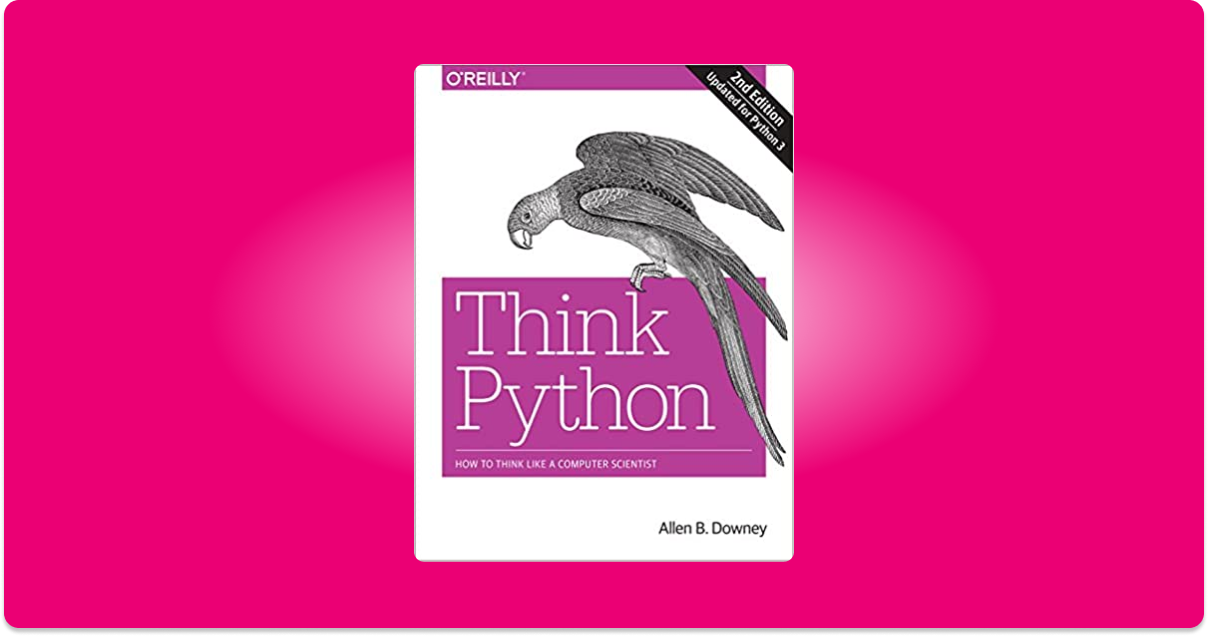
If you’ve been writing Python code but skipping tests (let’s be honest, most people do), this book shows why that's a bad habit. It walks you through building a real web app with Django but uses test-driven development. That means writing tests before writing code. It’s a very different way of thinking, and the author does a good job of easing you into it without sounding preachy. Plus, the result is something usable, not just toy code.
This one is heavier but still free and solid. It focuses on Python for data-related tasks, so it's packed with examples of NumPy, pandas, matplotlib, and machine learning basics. If you're interested in working with data — even just as a side skill — this is a smart one to bookmark. Just be ready for some deep dives and longer chapters. It's more technical but still readable if you're motivated.
Learning Python doesn’t have to cost a thing. These books skip the buzzwords and get to what actually matters — helping you write better code faster. Some are simple, some are advanced, but they all deliver useful knowledge without wasting your time. And that's what a good tech book should do. Would you like a direct download link list with short descriptions for each eBook as a follow-up?
Advertisement
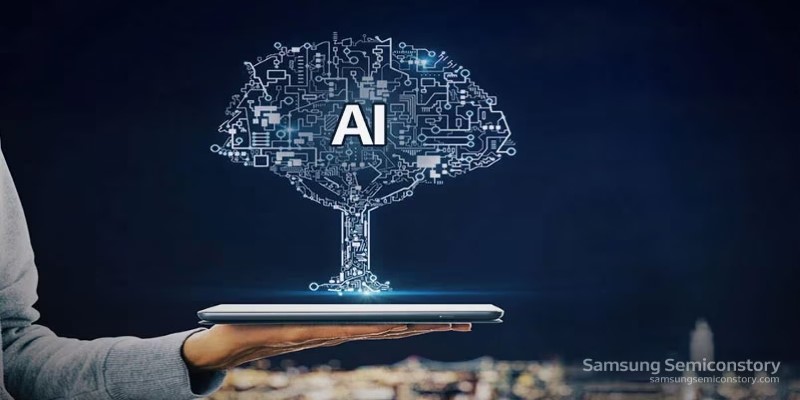
Heard about on-device AI but not sure what it means? Learn how this quiet shift is making your tech faster, smarter, and more private—without needing the cloud
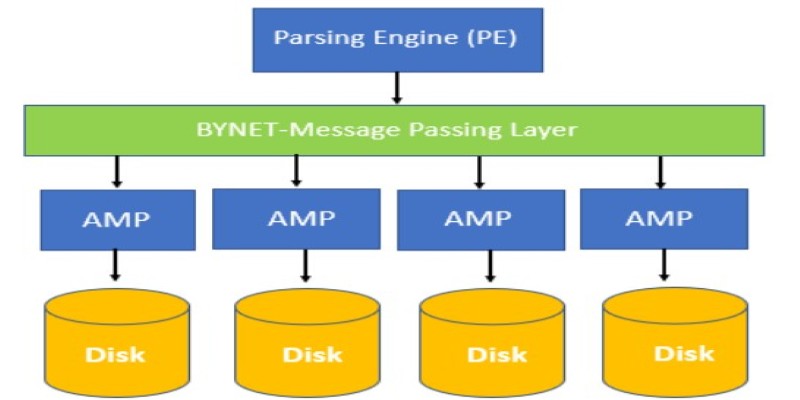
Find out the concepts of Teradata, including its architecture, key features, and real-world uses. Learn why Teradata remains a reliable choice for large-scale data management and analytics
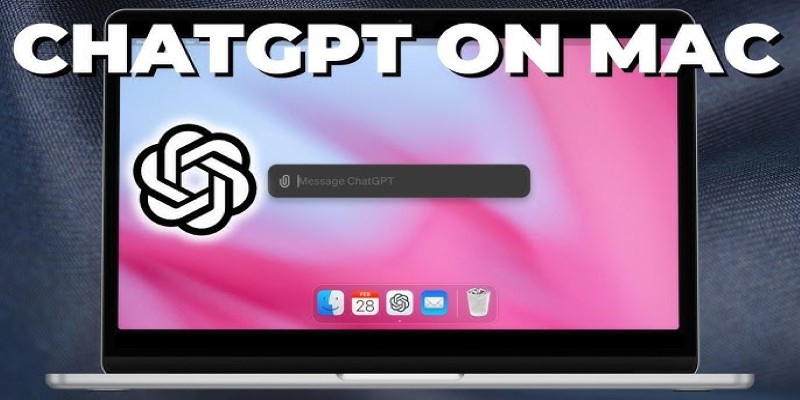
Using ChatGPT on a Mac? Learn how to make it feel like a native part of your workflow with tips for setup, shortcuts, and everyday tasks like writing, scripting, and organizing
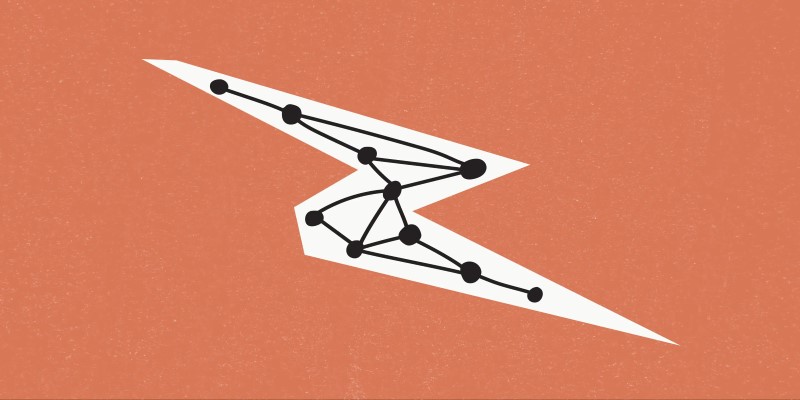
Looking for an AI that delivers fast results? Claude 3 Haiku is designed to provide high-speed, low-latency responses while handling long inputs and even visual data. Learn how it works
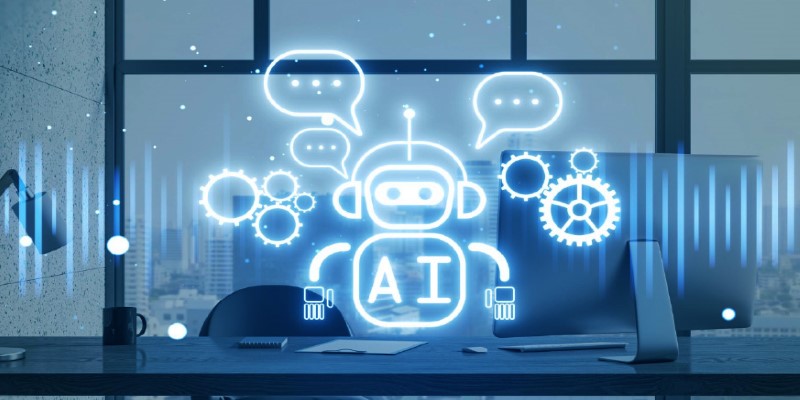
Struggling with code reviews and documentation gaps? Discover how SASVA from Persistent Systems enhances software development workflows, offering AI-powered suggestions
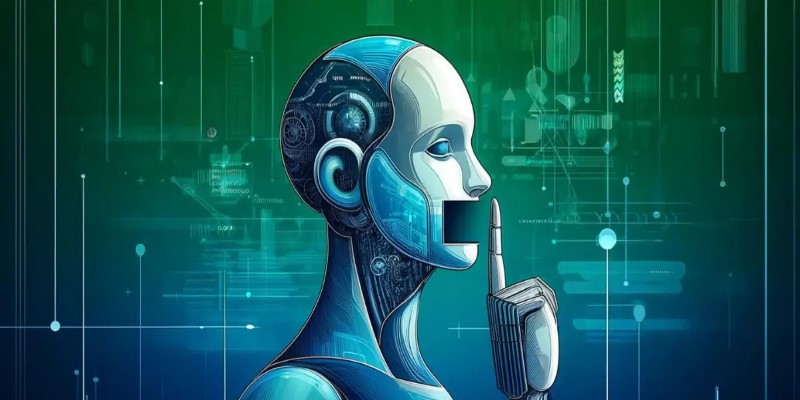
Ever wonder why your chatbot avoids certain answers? Learn what AI chatbot censorship is, how it shapes responses, and what it means for the way we access information

AWS SageMaker suite revolutionizes data analytics and AI workflows with integrated tools for scalable ML and real-time insights

Struggling to keep track of your cooking steps? Discover how Gemini AI acts as your personal kitchen assistant, making cooking easier and more enjoyable in 2025

Discover how GenAI transforms supply chain management with smarter forecasting, inventory control, logistics, and risk insights
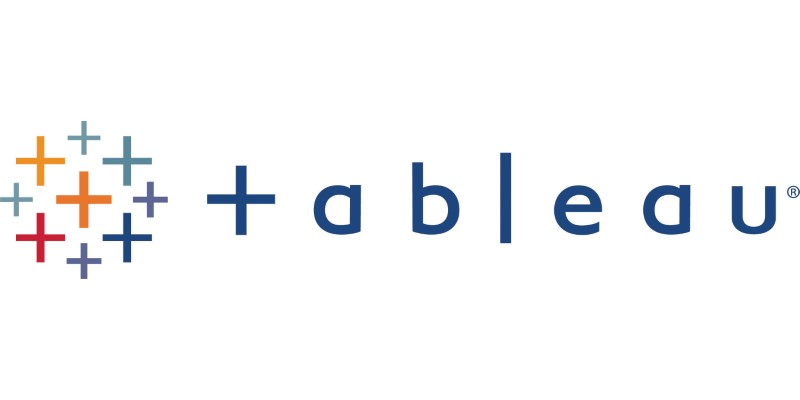
How can Tableau enhance your data science workflow in 2025? Discover how Tableau's visual-first approach, real-time analysis, and seamless integration with coding tools benefit data scientists
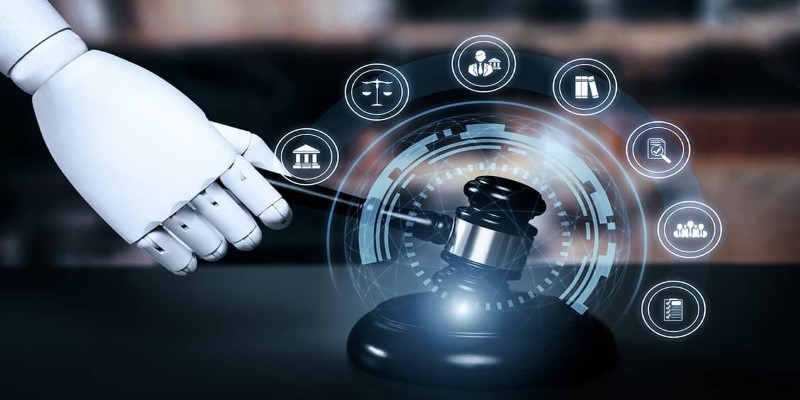
Wondering who should be in charge of AI safety? From governments to tech companies, explore the debate on AI regulation and what a balanced approach could look like
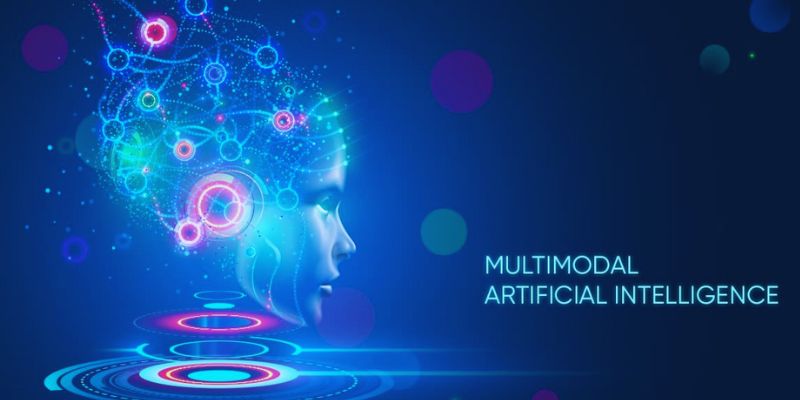
Multimodal artificial intelligence is transforming technology and allowing smarter machines to process sound, images, and text